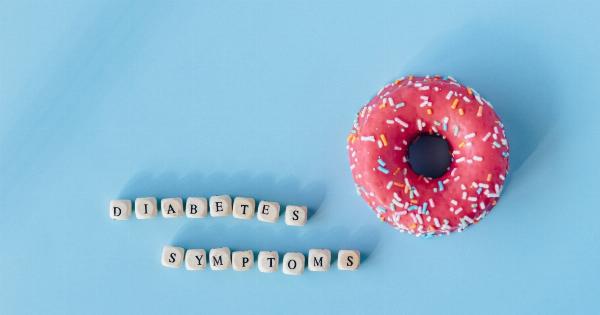Pre-menstrual syndrome (PMS) is a collection of emotional, behavioural and physical symptoms that occur in the luteal phase of menstrual cycle in women. The symptoms usually resolve within a few days of the onset of menstruation.
About 90% of women experience some form of PMS in their lifetime. However, the severity and impact on daily life varies greatly among individuals.
Methodology
A systematic review and meta-analysis of 26 studies were conducted to determine the prevalence of psychological symptoms in PMS. The studies were identified through Medline, Embase and Psychinfo databases.
The studies included were those that reported psychological symptoms in women with PMS compared to controls.
Results
The meta-analysis showed that the prevalence of psychological symptoms in PMS was significantly higher than controls. The most common psychological symptoms reported were irritability (OR = 1.82), depression (OR = 1.67), and anxiety (OR = 1.64).
Irritability
Irritability is one of the most commonly reported psychological symptoms in PMS. It is characterized by a heightened irritability, impatience, angry outbursts, and hostility. The prevalence of irritability in PMS was 42.4% compared to 23.2% in controls.
Depression
Depression is another common psychological symptom in PMS. It is characterized by feelings of sadness, hopelessness, worthlessness, guilt, and loss of interest in activities. The prevalence of depression in PMS was 40.8% compared to 25.4% in controls.
Anxiety
Anxiety is another common psychological symptom in PMS. It is characterized by excessive worry, restlessness, muscle tension, and difficulty sleeping. The prevalence of anxiety in PMS was 34.9% compared to 21.2% in controls.
Other psychological symptoms
Other psychological symptoms that were reported in PMS were mood swings, fatigue, poor concentration, and decreased libido. The prevalence of mood swings in PMS was 36.9% compared to 20.8% in controls.
The prevalence of fatigue in PMS was 30.2% compared to 14.8% in controls. The prevalence of poor concentration in PMS was 28.3% compared to 12.8% in controls. The prevalence of decreased libido in PMS was 20.4% compared to 10.2% in controls.
Discussion
The present study shows that the prevalence of psychological symptoms in PMS is significantly higher than controls. The most common psychological symptoms reported were irritability, depression, and anxiety.
The results of this study are consistent with previous studies on PMS.
Although the exact cause of PMS is unknown, it is believed to be related to changes in hormonal levels during the menstrual cycle. It is important to note that the severity and impact of PMS on daily life varies greatly among individuals.
For some women, PMS can be debilitating and require medical treatment.
Conclusion
The present study shows that the prevalence of psychological symptoms in PMS is significantly higher than controls. The most common psychological symptoms reported were irritability, depression, and anxiety.
These findings highlight the need for healthcare providers to assess and address the psychological symptoms associated with PMS.


























